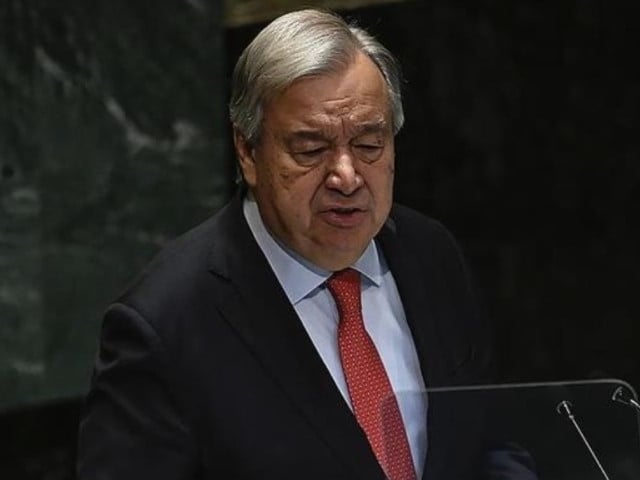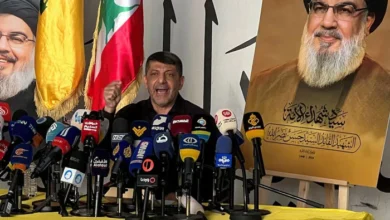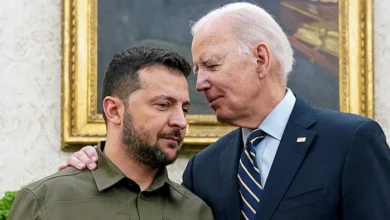During a UN Security Council meeting on Wednesday, UN Secretary-General Antonio Guterres issued a stark warning that the world cannot afford for Lebanon to descend into a conflict akin to Gaza.
He emphasised that an all-out war must be avoided, declaring, “It would surely be an all-out catastrophe.”
Guterres called for an immediate halt to hostilities, urging all parties involved to adhere to UN Security Council Resolutions 1559 and 1701, which aim to protect civilians and prevent the targeting of civilian infrastructure.
He insisted that “international law must be respected by all sides,” emphasising the need to protect both UN personnel and local communities.
Highlighting the urgency of the situation, Guterres noted that recent escalations have resulted in nearly 200,000 people in Lebanon and over 60,000 in northern Israel being displaced since October of the previous year.
He called for the safe return of communities in both regions, stressing the importance of living without fear.
The Secretary-General also reiterated the necessity of respecting Lebanese sovereignty and the need for the Lebanese state to have full control over weapons within its borders.
He states ‘We cannot allow Lebanon to become another Gaza’.
He expressed UN support for strengthening the Lebanese Armed Forces to help stabilize the region.
In recent days, Israeli airstrikes on Lebanon have intensified, reportedly resulting in the deaths of around 610 individuals and injuring over 2,000, according to Lebanese health authorities.
These actions have escalated tensions between Israel and Hezbollah, which has been engaged in cross-border conflict since the onset of Israel’s military operations against Hamas in Gaza.
The ongoing violence in Gaza has claimed over 41,000 lives, predominantly women and children, following a cross-border attack by Hamas on October 7, 2023.
The conflict has drawn warnings from the international community that further military actions in Lebanon could ignite a wider regional war.
In response to the escalating tensions, the US, European Union, and other nations have jointly proposed a 21-day cease-fire aimed at facilitating negotiations between Israel and Hezbollah.
The proposal, discussed on Wednesday, aims to create a “sustained space” for dialogue to achieve a complex agreement.
However, Israeli Prime Minister Benjamin Netanyahu’s office stated that he had not responded to the cease-fire proposal and directed the Israel Defense Forces to “continue the fighting with full force.”
The Israeli military remains focused on its goals in Gaza, indicating a reluctance to pause operations.
The cross-border conflict has raised alarms about the potential for broader regional destabilization, especially given Hezbollah’s ties to Iran and its support for Hamas.
The cease-fire proposal reflects concerns about the intolerable situation between Israel and Lebanon, which threatens to spill over into a larger conflict.
In parallel to the cease-fire discussions, US Secretary of State Antony Blinken has been engaged in shuttle diplomacy among various nations to facilitate negotiations.
He has emphasised that the risk of regional escalation is acute and has been working to secure support for the proposed cease-fire.
As the situation remains precarious, both Israel and Hezbollah face pressing choices about whether to engage in dialogue or escalate their military operations, leaving the international community anxious about the potential fallout in an already volatile region.
Previously, US, European Union and nearly a dozen other nations have issued a joint call for an immediate 21-day cease-fire to facilitate negotiations between Israel and Hezbollah.
This proposal, unveiled late Wednesday, follows a statement from Israel’s military chief, instructing troops to brace for a possible ground invasion into Lebanon.
The move comes after Israeli airstrikes have killed over 600 people and displaced hundreds of thousands.







